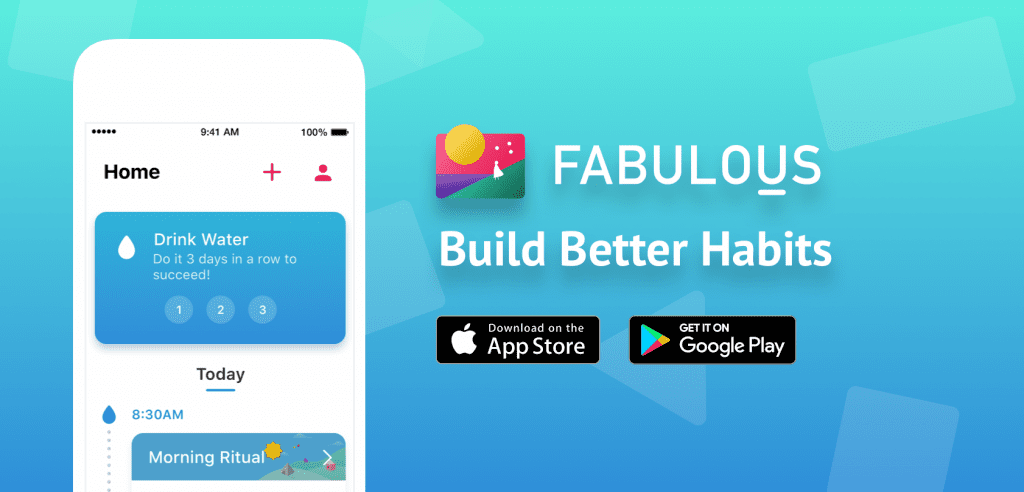In Seven Habits of Highly Effective People, Stephen Covey outlines what he believes to be timeless principles with which people can align themselves to achieve more of what they want out of life. The first three habits focus on self-improvement. Habits four, five, and six, focus on collaboration, and communication. The final habit ties all the previous habits together while also looking ahead.
So what does it mean to be an effective person? To be effective is to accomplish tasks and get favorable results. It’s easy to think of people who could be described as “effective,” but we can also probably name just as many ineffective people. You might even be like that yourself!
When we look to self-help books for guidance, they usually suggest to either change our attitudes or our behaviors. While not bad advice, these changes often treat the symptoms, not the disease. If we want our attitude and behavior changes to stick, we have to change how we see ourselves and the world around us.
The Seven Habits of Highly Effective People

Be proactive
We all know someone who blames all their problems on things outside their control, like their upbringing, their environment, or even their genes! Covey describes these people as “reactive;” they believe that life happens to them and there’s nothing they can do about it.
Proactive people, on the other hand, understand the reality of a situation while also recognizing that we can choose how we respond to things. With that self-awareness comes the power to shift our focus to things we can control in our lives and worrying less about the things we can’t.
Begin with the end in mind
What do you think people would say at your funeral if you died today? Would you be proud of what you heard? If you begin something without considering where you want to end, you’ll simply end up aimlessly wandering and never reach your goal.
Put first things first
Knowing your values helps you understand what you want to do in your life. But how do you actually go about accomplishing those things? The answer is prioritization; specifically, prioritizing the things that bring you closer to achieving your goals above all else. This often means having the willpower to do things you don’t want to do that will help you and the courage say “no” to things that won’t.
Think win-win
We’re taught from an early age that, for us to win, someone else must lose, but what if that isn’t true? Covey believes that most difficult situations can be resolved in a way that makes everyone happy by focusing on problems instead of people and results instead of methods. When we look for solutions that benefit everyone, we ultimately benefit ourselves.
Seek first to understand, then to be understood
If we want to effectively communicate with other people, we first have to understand what they’re communicating to us. While it’s not taught to us like reading, writing, or speaking, listening is one of the most powerful communication skills a person can have, but most of us fall short. We listen with the intent to respond when we should be listening to understand.
To be effective is to accomplish tasks and get favorable results.
Synergize
Synergy is the idea that the whole is greater than the sum of its parts; when multiple different perspectives combine in a safe and cooperative environment, people can accomplish far more in that group than they could individually. Synergy requires, above all, the ability to value the differences between people, rather than feel threatened by them.
Sharpen the saw
Imagine yourself trying to cut down a tree with a dull handsaw. No matter how long or hard you work, you never seem to get anywhere. But what would have happened if you’d stopped and sharpened the saw first? It would probably have made your job way easier!
This is what Covey means when he says “sharpen the saw.” By taking time to invest in renewing yourself physically, mentally, socially, and spiritually, you empower yourself to always perform at your best. This inspires others to do the same!

Apply the Lesson:
In Seven Habits of Highly Effective People, Covey uses a time management matrix to help prioritize his tasks by level of importance and urgency. It’s organized into four quadrants, like so:
Most of the time, we’re heavily focused on Quadrants 1 and 3. We always feel busy but never like we’re actually accomplishing anything. Instead, Covey explains, we should focus as much of our energy as possible onto Quadrant 2.
Things that are important but not urgent often get shoved to the backburner because we don’t see results immediately when we work on them, but they’re also the tasks that are most beneficial to us in the long run, because they make us better people.
If you’re ready to build some highly effective habits of your own, download the Fabulous app and try our Staying on the Road Journey to help you develop blistering focus and good time management.




